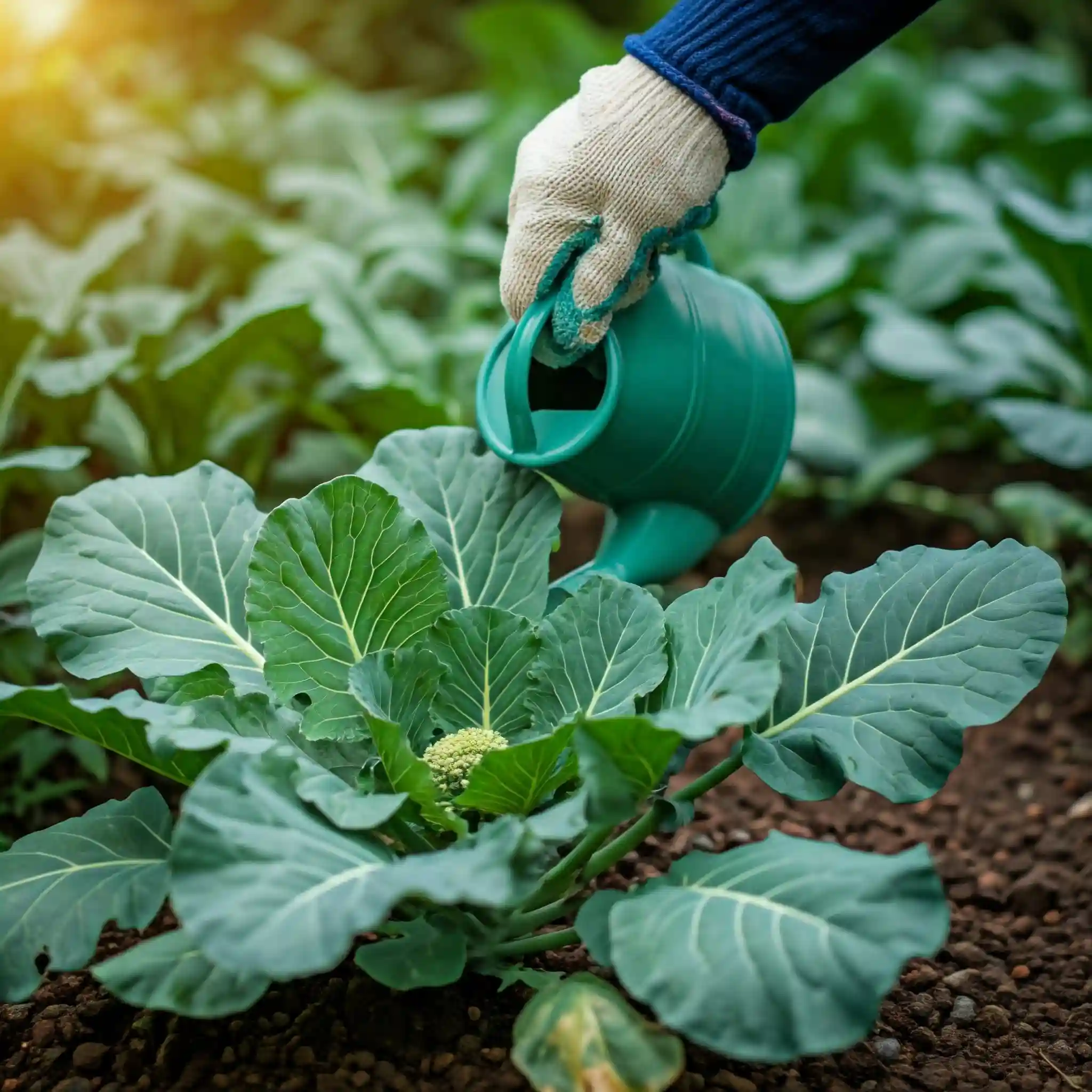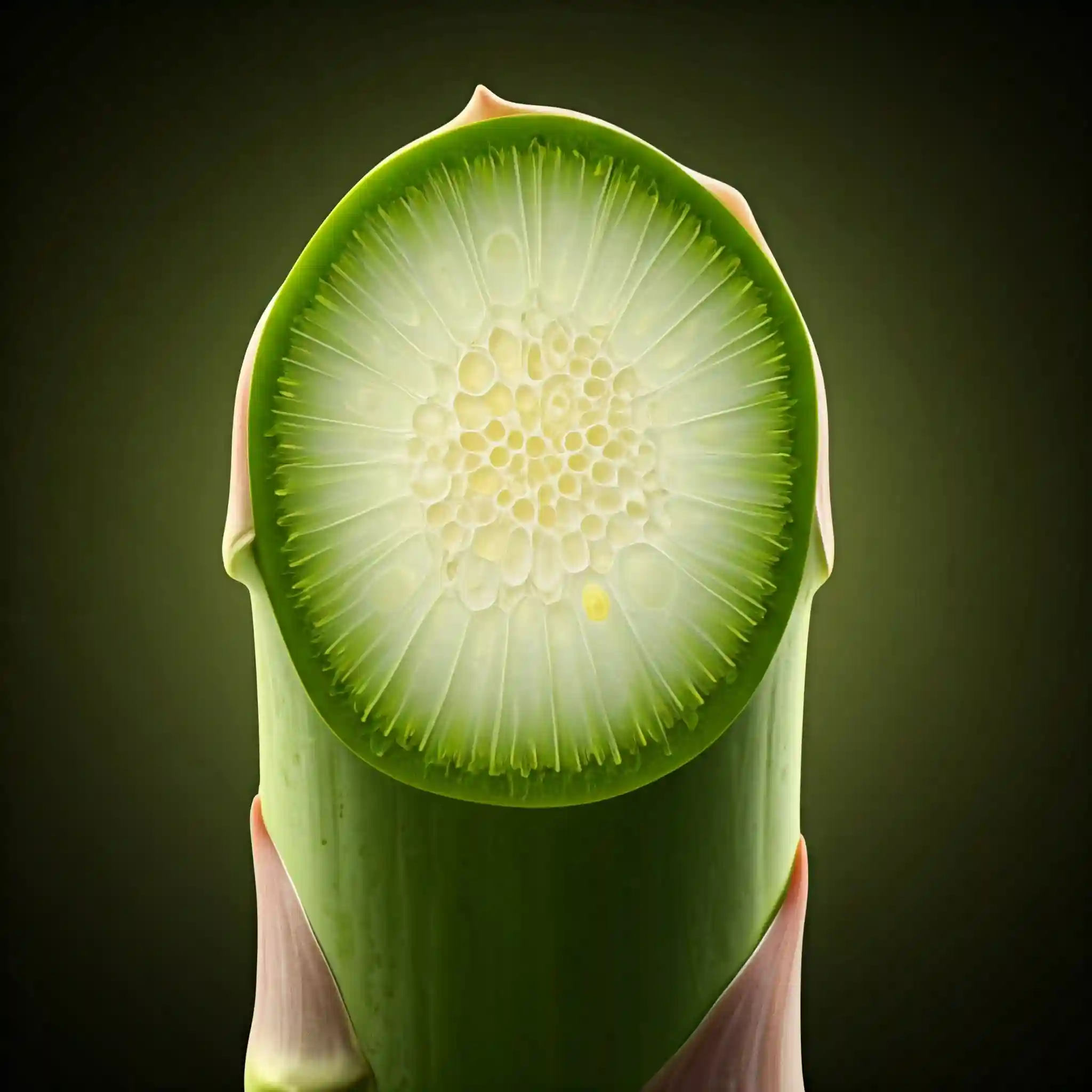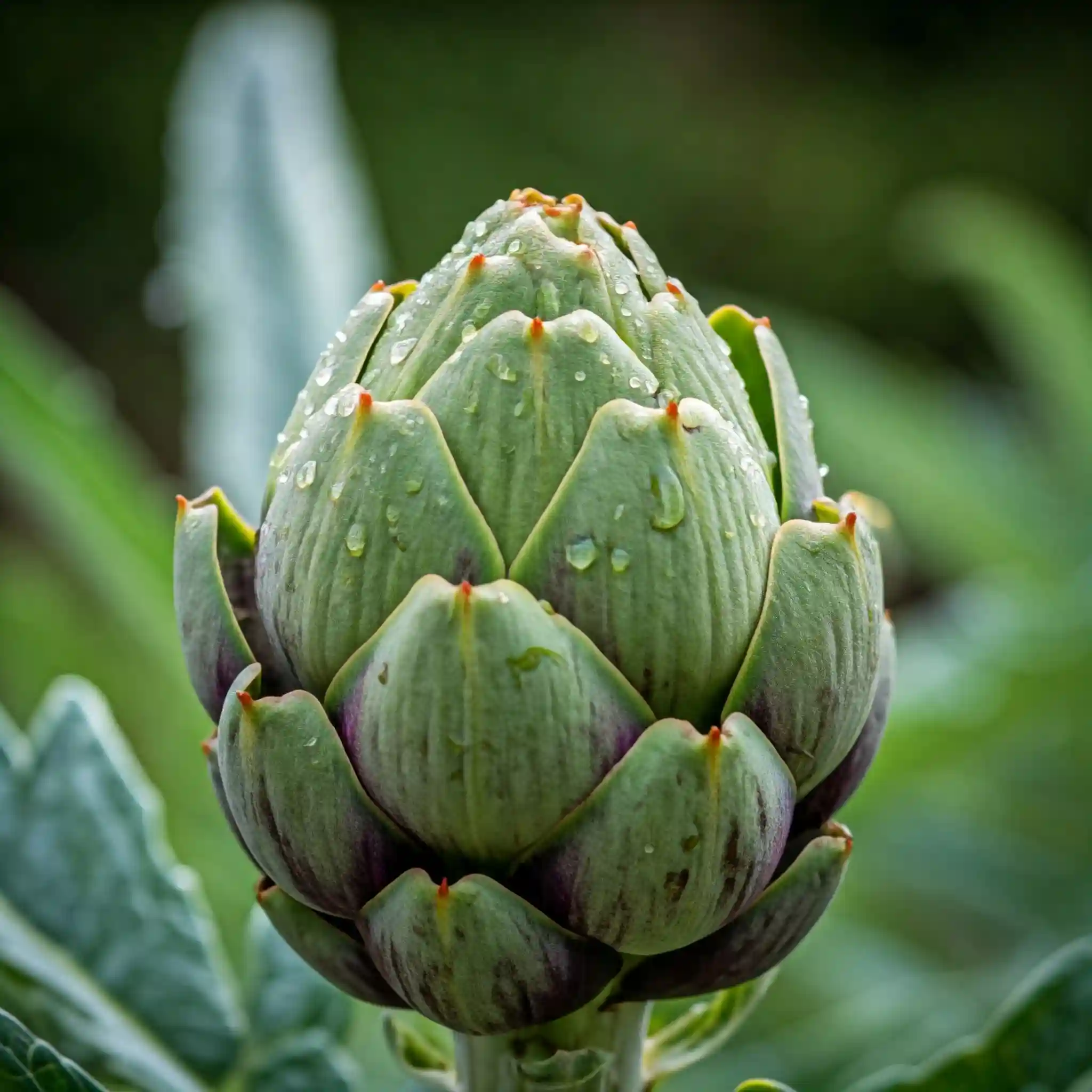Are you tired of struggling to maintain a healthy and vibrant garden? Are you looking for a natural and sustainable way to boost your plants’ growth and improve soil quality? Look no further than composted manure. This organic gold can be a game-changer for gardeners of all levels.
Composted manure is a valuable resource that offers numerous benefits for your garden. It is packed with essential nutrients that promote plant growth, improves soil structure, and enhances water retention. By using composted manure, you can reduce your reliance on chemical fertilizers and create a more sustainable and eco-friendly gardening environment.
In this comprehensive guide, we will delve into the world of composted manure, exploring its benefits, uses, and how to incorporate it into your gardening routine. Whether you are a seasoned gardener or just starting out, this information will empower you to make the most of this valuable resource.
Benefits of Composted Manure
| Benefit | Description |
| Improved soil health | Enhances soil structure, increases water retention, and improves aeration. |
| Nutrient-rich | Contains essential nutrients like nitrogen, phosphorus, and potassium. |
| Promotes plant growth | Boosts plant vitality and vigor. |
| Reduces need for chemical fertilizers | Provides a natural alternative to synthetic fertilizers. |
| Enhances soil microbial activity | Supports beneficial microorganisms that contribute to soil health. |
Understanding Composted Manure
What is Composted Manure?
Composted manure is a decomposed organic material created from animal waste, plant matter, and other organic materials. The composting process involves breaking down these materials into a nutrient-rich substance that can be used to improve soil quality.
Types of Composted Manure
There are several types of composted manure available, each with its unique characteristics and benefits:
- Horse manure: Known for its high nitrogen content and ability to improve soil structure.
- Cow manure: A well-rounded option that provides a balance of nutrients and organic matter.
- Chicken manure: Rich in nitrogen but can be high in salts, so it should be used in moderation.
- Sheep manure: A good source of nutrients and organic matter, with a slightly lower nitrogen content than horse or cow manure.
Benefits of Using Composted Manure
Composted manure offers a wide range of benefits for gardeners:
- Improved soil health: It enhances soil structure, increases water retention, and improves aeration.
- Nutrient-rich: Composted manure contains essential nutrients that plants need to grow and thrive.
- Promotes plant growth: It can help plants develop stronger roots, larger leaves, and more abundant blooms.
- Reduces need for chemical fertilizers: By using composted manure, you can minimize your reliance on synthetic fertilizers.
- Enhances soil microbial activity: Composted manure supports beneficial microorganisms that contribute to soil health.
Nutrient Content of Composted Manure
| Nutrient | Typical Content in Composted Manure |
| Nitrogen (N) | 0.5-2.0% |
| Phosphorus (P) | 0.5-1.5% |
| Potassium (K) | 0.5-1.5% |
| Organic matter | 20-50% |
Using Composted Manure Effectively
To maximize the benefits of composted manure, it is important to use it correctly:
- Apply at the appropriate time: The best time to apply composted manure is in the fall or early spring, before planting.
- Mix it into the soil: Incorporate composted manure into the top 6-8 inches of soil to allow the nutrients to be absorbed by the plants.
- Avoid over-application: Too much composted manure can lead to salt build-up and damage to plants.
- Consider the nutrient content: Different types of composted manure have varying nutrient profiles, so choose the one that best suits your plants’ needs.
Using Composted Manure in Your Garden
Applying Composted Manure
The best time to apply composted manure to your garden is in the fall or early spring, before planting. This allows the nutrients to break down and become available to the plants.
To apply composted manure, simply spread it evenly over the desired area. You can use a rake or spreader to ensure even distribution. Mix the manure into the top 6-8 inches of soil to allow the nutrients to be absorbed by the plants.
Using Composted Manure for Different Plants
Composted manure can be used to benefit a variety of plants:
- Vegetables: Apply composted manure to your vegetable garden to improve soil fertility and promote healthy growth.
- Flowers: Enhance the blooms and overall health of your flower beds by adding composted manure.
- Trees and shrubs: Incorporate composted manure into the soil around the base of trees and shrubs to provide essential nutrients.
- Lawn care: Use composted manure as a natural lawn fertilizer to improve the appearance and health of your grass.
Composted Manure and Soil pH
Soil pH is a measure of the acidity or alkalinity of the soil. It is important to maintain a balanced soil pH for optimal plant growth. Composted manure can help to adjust soil pH.
- Acidic soil: If your soil is too acidic, adding composted manure can help to raise the pH.
- Alkaline soil: If your soil is too alkaline, composted manure can help to lower the pH.
Using Composted Manure for Indoor Plants
Composted manure can also be used to improve the health of indoor plants. However, it is important to use it sparingly and mix it with potting mix to avoid burning the roots.
Tips for Using Composted Manure
- Avoid over-application: Too much composted manure can lead to salt build-up and damage to plants.
- Consider the nutrient content: Different types of composted manure have varying nutrient profiles, so choose the one that best suits your plants’ needs.
- Combine with other organic matter: Mixing composted manure with other organic materials, such as compost or leaf mold, can enhance its benefits.
- Monitor plant response: Pay attention to your plants’ growth and health after applying composted manure. If you notice any negative effects, adjust your application rate.
By following these guidelines, you can effectively use composted manure to improve the health and vitality of your garden.
Sourcing and Storing Composted Manure
Where to Buy Composted Manure
Composted manure can be purchased from a variety of sources, including:
- Local garden centers: Many garden centers carry a selection of composted manure.
- Online retailers: Online retailers often offer a wider range of options and may have better prices.
- Home composting: If you have a compost pile, you can create your own composted manure.
Choosing Quality Composted Manure
When purchasing composted manure, it is important to choose a high-quality product. Here are some factors to consider:
- Age: Older composted manure is generally more mature and has better nutrient content.
- Nutrient content: Look for composted manure that is rich in nitrogen, phosphorus, and potassium.
- Odor: High-quality composted manure should have a pleasant, earthy smell.
- Appearance: Composted manure should be dark brown or black and have a crumbly texture.
Storing Composted Manure
Proper storage is essential to maintain the quality of composted manure. Store it in a dry, sheltered area, away from direct sunlight and rain. If you have a large quantity, consider storing it in a compost bin or other container.
Tips for Storing Composted Manure
- Keep it dry: Moisture can cause mold and mildew to grow.
- Protect it from pests: Cover the compost pile or bin to deter rodents and insects.
- Turn it occasionally: This will help to aerate the compost and promote decomposition.
By following these tips, you can ensure that your composted manure remains fresh and effective.
Common Questions and Concerns
Is Composted Manure Safe for Children and Pets?
Yes, composted manure is generally safe for children and pets. However, it is important to wash your hands thoroughly after handling it.
Can I Overuse Composted Manure?
Overapplying composted manure can lead to salt build-up and damage to plants. It is important to follow the recommended application rates.
How Long Does Composted Manure Last?
Composted manure can last for several years when stored properly. However, its nutrient content may decline over time.
Can I Use Composted Manure for Indoor Plants?
Yes, you can use composted manure for indoor plants. However, it is important to use it sparingly and mix it with potting mix to avoid burning the roots.
Conclusion
Composted manure is a valuable resource for gardeners of all levels. It can improve soil health, promote plant growth, and reduce the need for chemical fertilizers. By understanding the benefits, uses, and proper application of composted manure, you can create a more sustainable and thriving garden.




